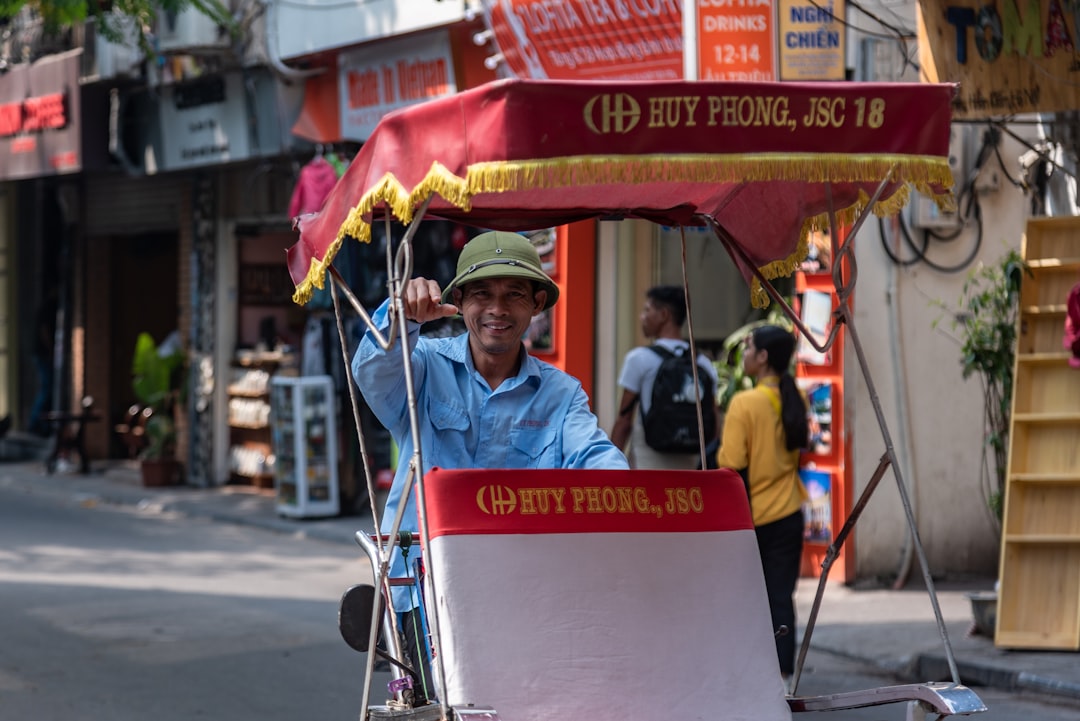Asia Travel Warning: Political Unrest Safety Guide 2024
Travel warnings are serious alerts. They help keep tourists safe. Many Asian countries are beautiful. But some face political problems. This guide explains travel warnings. It focuses on political unrest in Asia. You will learn how to stay safe. We cover important safety tips. Also, we share real examples. This information could save your life.
Understanding Travel Warnings
Governments issue travel warnings. They warn citizens about dangers abroad. These warnings have different levels. Level 1 means exercise normal precautions. Level 2 means exercise increased caution. Level 3 means reconsider travel. Level 4 means do not travel. Political unrest often causes Level 3 or 4 warnings.
Who Issues Travel Warnings?
Many countries have travel advisory systems. The U.S. State Department issues advisories. So does UK Foreign Office. Canada and Australia have similar systems. These offices monitor global events. They talk to local authorities. Then they update their advice. You should check these before traveling.
Types of Political Unrest
Political unrest takes many forms. Protests are common. They can be peaceful or violent. Demonstrations might block roads. Sometimes they turn into riots. Elections can cause tension. Military coups are rare but dangerous. Terrorism is another risk. All can affect tourists.
Current Asian Countries with Warnings
Several Asian countries currently have warnings. These change often. Check official sources for updates. Here are some examples as of 2024.
Myanmar (Burma)
Myanmar has serious problems. The military took control in 2021. Protests happen often. Violence is common. Many countries say "do not travel" there. The U.S. gives Myanmar Level 4. This means do not go. Armed conflict occurs daily. Tourists could be caught in crossfire.
Thailand
Thailand is mostly safe. But it has political protests sometimes. These usually happen in Bangkok. Most tourist areas are fine. But check current advisories. The Australian government advises caution. Avoid large gatherings. Do not participate in protests.
Pakistan
Pakistan has some risky areas. Border regions are dangerous. Terrorism happens sometimes. Political rallies can turn violent. But many parts are safe for tourists. Always check local news. Follow advice from your embassy.
How to Check for Travel Warnings
Always check warnings before you travel. Do it again during your trip. Here is how to stay informed.
- Bookmark your government's travel advice website
- Sign up for email alerts
- Follow embassies on social media
- Check local news at your destination
- Ask your hotel about any problems
Smart travelers stay informed. Do not rely only on guidebooks. Situations change quickly.
Safety Tips During Political Unrest
If you are in a country with unrest, be careful. Follow these safety rules.
Avoid Demonstrations
Do not go near protests. Even peaceful ones can turn violent. Do not take photos. Security forces might think you are a journalist. Stay away from government buildings. These are common protest sites.
Keep Low Profile
Do not draw attention. Dress like local people. Do not wear expensive jewelry. Avoid political discussions. Do not share opinions on local politics. Be respectful always.
Have Emergency Plans
Know how to leave quickly. Keep your passport safe. Have local emergency numbers. Know where your embassy is. Have some cash ready. Keep phone charged. Share your plans with family.
Real Examples and Statistics
Real stories show why warnings matter. Here are some examples.
Tourists Caught in Protests
In 2019, Hong Kong had big protests. Airport closures stranded tourists. Some visitors could not fly home. They slept on airport floors. In 2020, Thailand had student protests. Tourists were not targeted. But transportation was disrupted.
Statistics on Travel Safety
The OSAC collects safety data. They say most tourist injuries are accidents. But political violence affects tourists too. Each year, some tourists need emergency help. Most problems happen when tourists ignore warnings.
Step-by-Step: What to Do If Unrest Happens
If trouble starts near you, follow these steps.
- Stay calm. Do not panic.
- Go to your hotel or safe place.
- Lock doors and windows.
- Contact your embassy. Tell them where you are.
- Monitor local news.
- Avoid going outside.
- Wait for instructions from authorities.
Your embassy can help. They might arrange evacuation if needed. Always follow their advice.
Travel Insurance and Political Unrest
Good travel insurance is vital. But read the policy carefully. Many policies exclude "civil unrest". Some might not cover evacuation. Ask insurance company about political coverage. Some special policies cover these risks. World Nomads explains typical coverage.
FAQ Section
1. Can I get refund if I cancel due to travel warning?
It depends. Many airlines and hotels offer credits. Some travel insurance may cover cancellation. Check your policy terms.
2. Should I travel if warning is Level 3?
Level 3 means "reconsider travel". Think carefully about your need to go. If not essential, postpone your trip.
3. How reliable are travel warnings?
Very reliable. Governments use expert information. But situations can change fast. Keep checking for updates.
4. What if I am already in a country when warning issues?
Contact your embassy immediately. Follow their advice. Consider leaving early if possible.
5. Do warnings apply to whole country?
Not always. Sometimes only specific regions have warnings. Read the details carefully.
6. Can I ignore travel warnings?
You can, but it is not wise. Your travel insurance may be void. Also, your government may not help you.
7. How often are warnings updated?
They are updated regularly. Major events trigger immediate updates. Check within 24 hours before travel.
Conclusion
Travel warnings protect you. They are based on real dangers. Political unrest in Asia is serious. But many Asian countries remain safe. Always research before you travel. Follow official advice. Have emergency plans. With good preparation, you can travel safely. Remember, your safety comes first. No vacation is worth serious risk.
Check our Asia safety guide for more tips. Share this article with other travelers. Stay safe and enjoy your adventures!

